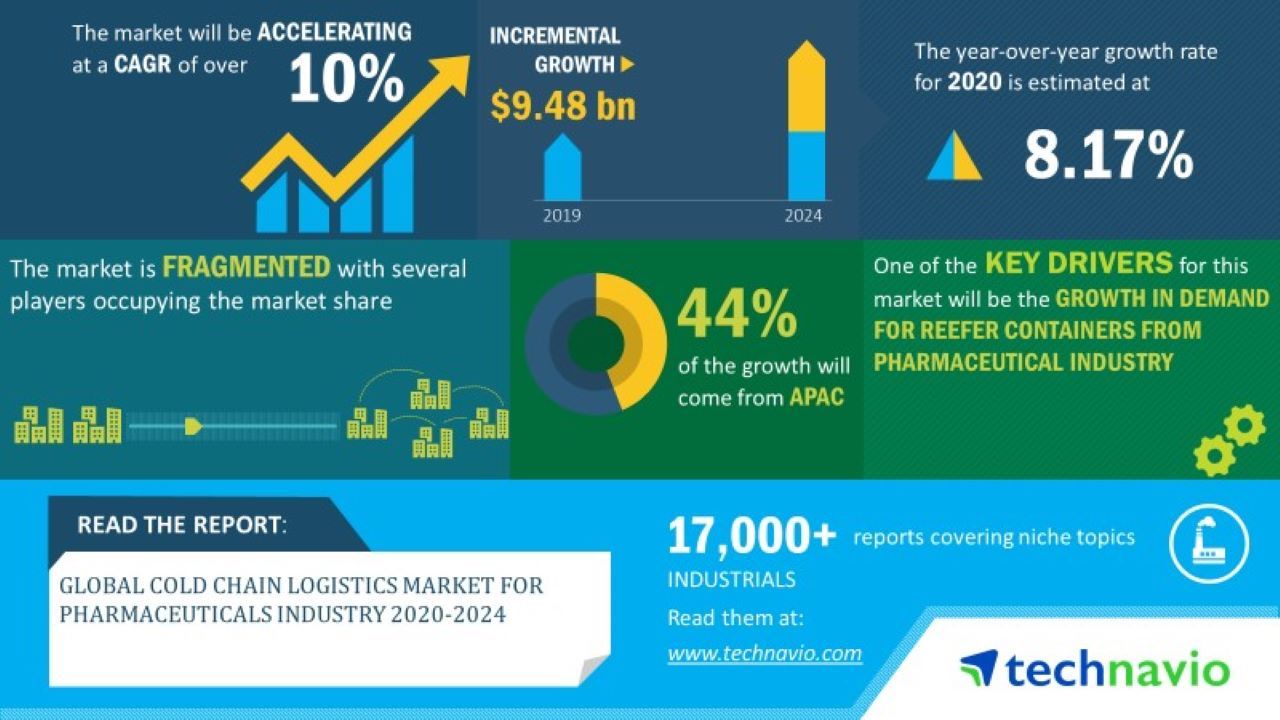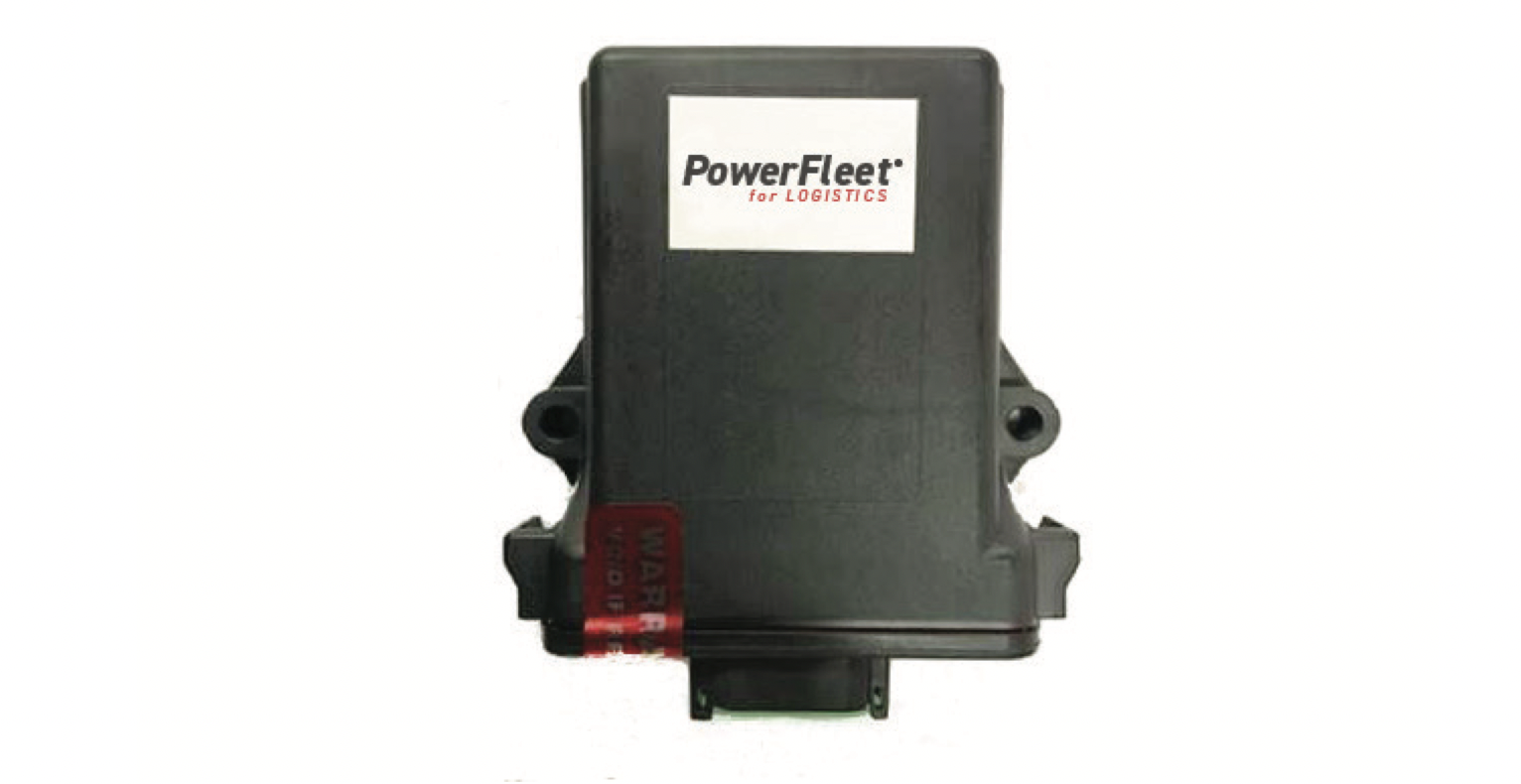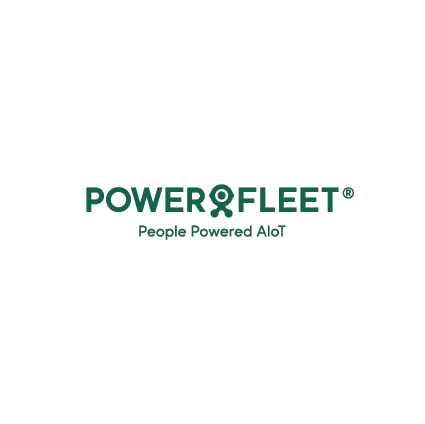There are billions of products shipped across highways around the world every day, but some are more demanding to transport than others. For example, pharmaceuticals often require cold chain storage capabilities—or the ability to maintain cold temperatures throughout transit. These requirements are becoming increasingly important over time – as COVID-19 shows.
Let’s take a look at what’s involved with transporting pharmaceuticals, how the COVID-19 vaccine introduced new requirements and the role that technology plays in ensuring safe and efficient deliveries of these life-saving products.
The COVID-19 vaccine cold chain logistics could become the new norm with the introduction of mRNA technologies—is your trucking business ready? Clic para tuitearTransporting Pharmaceuticals
Shipping pharmaceuticals involves special rules and requirements since the products are typically time and temperature sensitive. Most of these products ship at 55 to 77 degrees Fahrenheit to ensure product stability, although in some cases, just a two-degree temperature difference can ruin the products (e.g., in the case of biologics).
While shippers are responsible for properly packaging these products, trucking companies are responsible for controlling temperature in transit. Reefers provide these kinds of temperature controls with a refrigeration unit that’s built-in to the trailer. Trucking companies must ensure that these units are generating the right climate at all times to ensure product safety.

Global cold chain logistics are set to grow. Source: TechNavio
Aside from the cold chain logistics, trucking companies must also worry about pharmaceutical theft given the high-value nature of the cargo. A high number of people handling the freight translates to an increased risk of theft, while cargo door monitoring may be necessary on the road in order to prevent thefts from occurring from trailers in transit.
Trucking companies should also have procedures in place to document the temperatures en route to avoid any liability from products that may have spoiled on the loading dock before they even entered the truck. Drivers should also be trained to handle any reefer issues before they cause problems and ensure safe and effective shipments.
Special Vaccine Requirements
The Pfizer/BioNTech and Moderna COVID-19 vaccines leverage a new technology, known as mRNA, that turns a patient’s cells into factories to make a specific coronavirus protein. The protein is designed to spark an immune response that’s equivalent to a real infection, which creates the immunity without ever acquiring an actual COVID-19 disease or its side effects.
The vaccines are similar to an M&M in that they have an interior that’s highly susceptible to heat with an exterior that protects the mRNA a little, but still requires temperature control. Unlike an M&M, these vaccines must be stored in temperatures of 76 to 112 degrees below zero for Pfizer/BioNTech and 13 degrees below zero to 5 degrees for Moderna.
In the world of cold storage, transporting products that require temperatures of 45 degrees Fahrenheit to negative four degrees Fahrenheit is possible with special packaging that can maintain temperatures for 96 hours outside of a refrigerator. Temperatures below those levels typically require thermal shipping containers and dry ice to keep the shipment cold.
Many transportation companies already involved in the process, such as FedEx, are using a combination of reefers, warehousing, thermal blankets and temperature-controlled containers to move shipments around the world. With a network of cold storage warehouses, these companies have invested in ultra-cold freezers to support the logistics capacity.
Temperature Monitoring is Critical
Temperature monitoring is the most important aspect of cold chain logistics from a shipping standpoint. With real-time temperature monitoring, trucking companies can ensure that the cargo is safely transported with real-time alerts when temperatures reach abnormal levels in order to address the problem before it becomes a bigger issue.

Powerfleet LV-400. Source: Powerfleet
Powerfleet provides a handful of solutions to ensure the safe transportation of temperature-sensitive pharmaceutical products. The LV-400 integrates with all major refrigeration unit brands and optional sensors to maintain complete remote control of the unit with round-the-clock trailer tracking independent of the tractor status or location.
The LV-600 is a standalone device that provides environmental alerts and tracking for high-value assets. When paired with the LV-740, the technology can provide remote readings of a cargo’s specific temperature, humidity, impact/free fall, movement and light. The LV-740 can even be installed on specific pallets or boxes to detect events and alerts.
All of these technologies can help provide real-time visibility into the environmental conditions within a trailer in order to ensure that nothing happens during transit.
Looking Beyond Temperature
Powerfleet provides a wide range of logistics technologies to help trucking companies become more efficient beyond maintaining the right temperature. The LV-9000, for example, is an in-cab ELD-compliant solution that goes beyond fleet regulatory compliance to provide real-time position reports, engine performance and fault codes along with two-way communication.
The company also provides a range of different sensor technologies to ensure that cargo safety reaches its destination. For instance, images and door sensors can help improve security by monitoring access to a trailer throughout the transit period. Other products can help monitor dwell time and ensure that drivers aren’t being held in detention for too long.
You can even monitor tractor metrics to assess driving habits and build incentive programs to encourage good behavior and optimize fuel economy. For example, you can easily assess average driver speeds, sudden braking, unnecessary acceleration or other factors that might have a negative impact on safety and fuel costs over time.
All of these technologies produce data in a powerful dashboard that provides a real-time look into the location and status of every asset. In addition, fleet owners have access to easy-to-understand reports with the metrics needed to make data-driven decisions, as well as provide customers with the information they need at any point of transit.
The Bottom Line
Pharmaceutical transportation is a time-sensitive process that involves cold chain logistics. With the introduction of mRNA vaccines, along with new biologics and other products, the temperature requirements for pharmaceutical shipments could become even more stringent over the coming years – a key consideration for specialized carriers.
Many of these products will rely on a combination of temperature-monitored reefers and specialized packaging to ensure (and prove) that there aren’t any issues. Powerfleet provides many of these next generation monitoring solutions, along with an array of other products that can help improve fleet performance and ensure safe deliveries.




